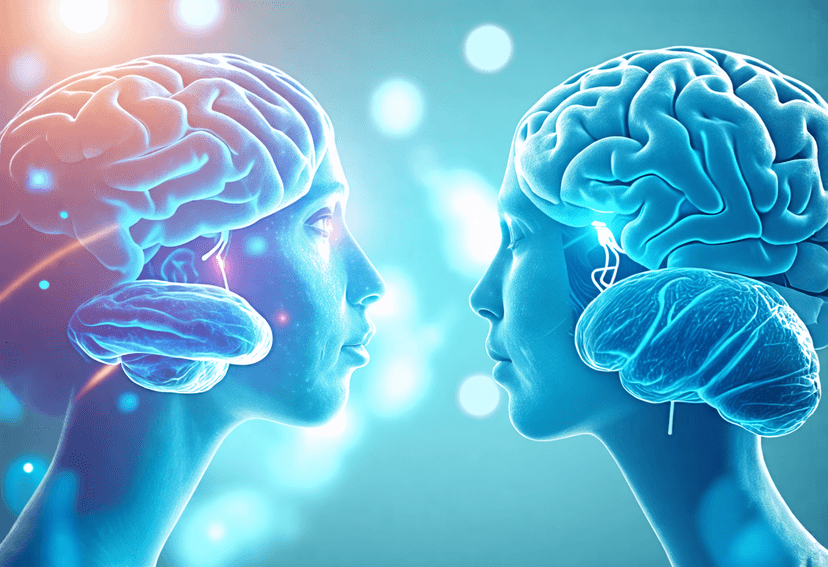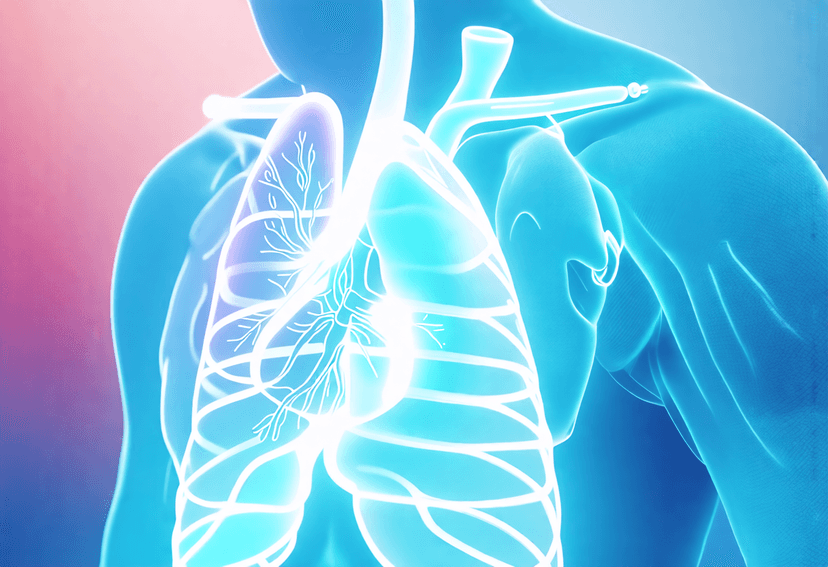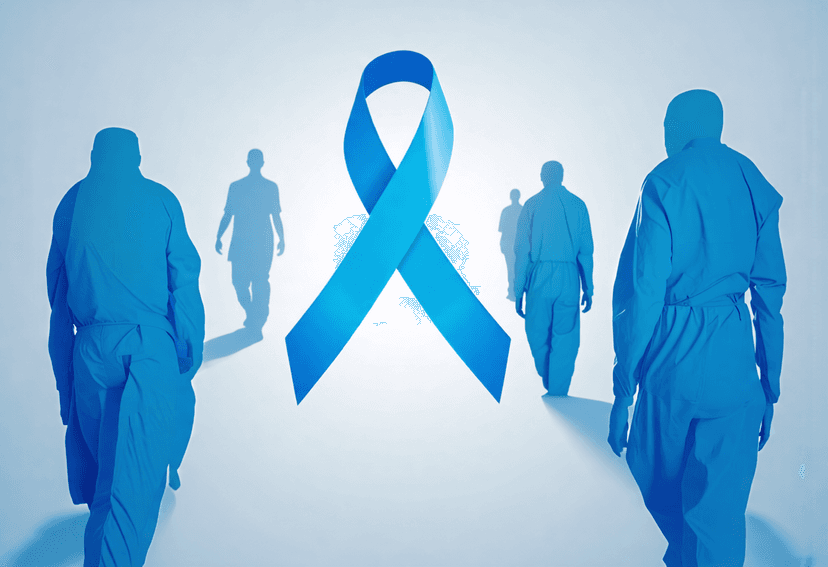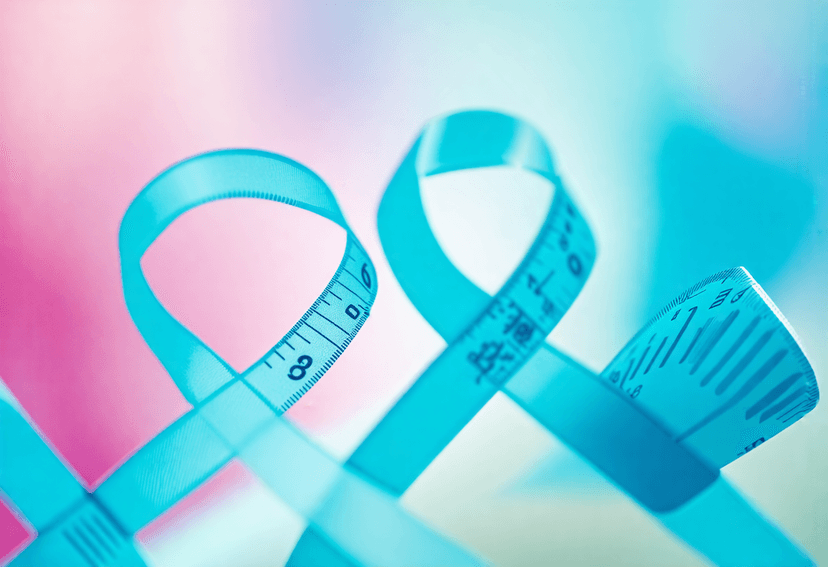
Cancer Screening: Why It's Important and What to Expect
09 Oct, 2024
 Healthtrip
HealthtripCancer, a term that can evoke fear and anxiety in many of us, is a leading cause of death worldwide. The good news is that many types of cancer can be treated effectively if detected early. This is where cancer screening comes in – a crucial step in the fight against this devastating disease. By detecting cancer in its early stages, screening tests can significantly improve treatment outcomes and even save lives. In this article, we'll delve into the importance of cancer screening, the different types of screening tests available, and what to expect during the process.
Why Cancer Screening is Important
Cancer screening is essential for several reasons. Firstly, it helps detect cancer at an early stage, when it's more treatable and even curable. When cancer is diagnosed early, treatment options are more effective, and the chances of survival are higher. In fact, according to the American Cancer Society, the 5-year survival rate for cancer patients diagnosed at an early stage is about 92%. Secondly, cancer screening can help identify abnormalities that could become cancerous if left untreated. By detecting these abnormalities early, doctors can take steps to prevent cancer from developing or remove them before they become cancerous.
Most popular procedures in India
The Benefits of Cancer Screening
Regular cancer screening can have a significant impact on cancer outcomes. It can:
- Improve cancer survival rates
- Reduce cancer mortality rates
- Detect abnormalities before they become cancerous
- Provide peace of mind for individuals with a family history of cancer
Moreover, cancer screening can also help reduce the financial burden of cancer treatment. When cancer is detected early, treatment is often less invasive and less expensive than treating advanced cancer.
Wellness Treatments
Give yourself the time to relax
Lowest Prices Guaranteed!

Lowest Prices Guaranteed!
Types of Cancer Screening Tests
There are several types of cancer screening tests available, each designed to detect specific types of cancer. Some of the most common screening tests include:
Mammograms
Mammograms are used to detect breast cancer in women. During a mammogram, a low-dose X-ray is used to produce images of the breast tissue. These images can help doctors detect abnormal cell changes, tumors, or other signs of breast cancer.
Colonoscopies
Colonoscopies are used to detect colon cancer and precancerous polyps in the colon. During a colonoscopy, a flexible tube with a camera and light on the end is inserted into the colon to visualize the inside of the colon and rectum.
Pap Tests
Pap tests, also known as Pap smears, are used to detect cervical cancer in women. During a Pap test, a sample of cells is collected from the cervix and examined for abnormal cell changes.
Prostate-Specific Antigen (PSA) Tests
PSA tests are used to detect prostate cancer in men. During a PSA test, a sample of blood is taken to measure the level of prostate-specific antigen, a protein produced by the prostate gland. Elevated PSA levels can indicate prostate cancer.
What to Expect During Cancer Screening
While cancer screening can be a nerve-wracking experience, it's essential to remember that it's a crucial step in maintaining good health. Here's what to expect during different types of cancer screening tests:
Pre-Screening Preparation
Before undergoing a cancer screening test, your doctor may ask you to:
- Fast for a certain period
- Avoid certain medications
- Drink a contrast agent to help visualize the organs
It's essential to follow your doctor's instructions carefully to ensure accurate test results.
The Screening Test
The actual screening test may involve:
- Lying down or sitting in a specific position
- Having a sample of cells or tissue collected
- Having a camera or imaging device inserted into the body
The test itself is usually quick and painless, but it may cause some discomfort or embarrassment.
After the Screening Test
After the screening test, your doctor will:
- Examine the test results
- Discuss the results with you
- Recommend further testing or treatment if necessary
Remember, cancer screening is an essential step in maintaining good health. By understanding the importance of cancer screening, the different types of screening tests available, and what to expect during the process, you can take control of your health and reduce your risk of cancer.
Related Blogs

The Importance of Early Detection in Sarcoma Cancer
Discover the benefits of early detection in sarcoma cancer treatment

Breast Cancer Screening Tests
Learn about the various screening tests for breast cancer

Early Detection of Breast Cancer
Learn about the importance of early detection in breast cancer

Early Detection of Esophageal Cancer
The importance of early detection in esophageal cancer treatment.

The Importance of Colon Cancer Screening
Discover why regular colon cancer screening is crucial for early

Understanding Cervical Cancer Screening Tests
Get informed about the different types of cervical cancer screening










